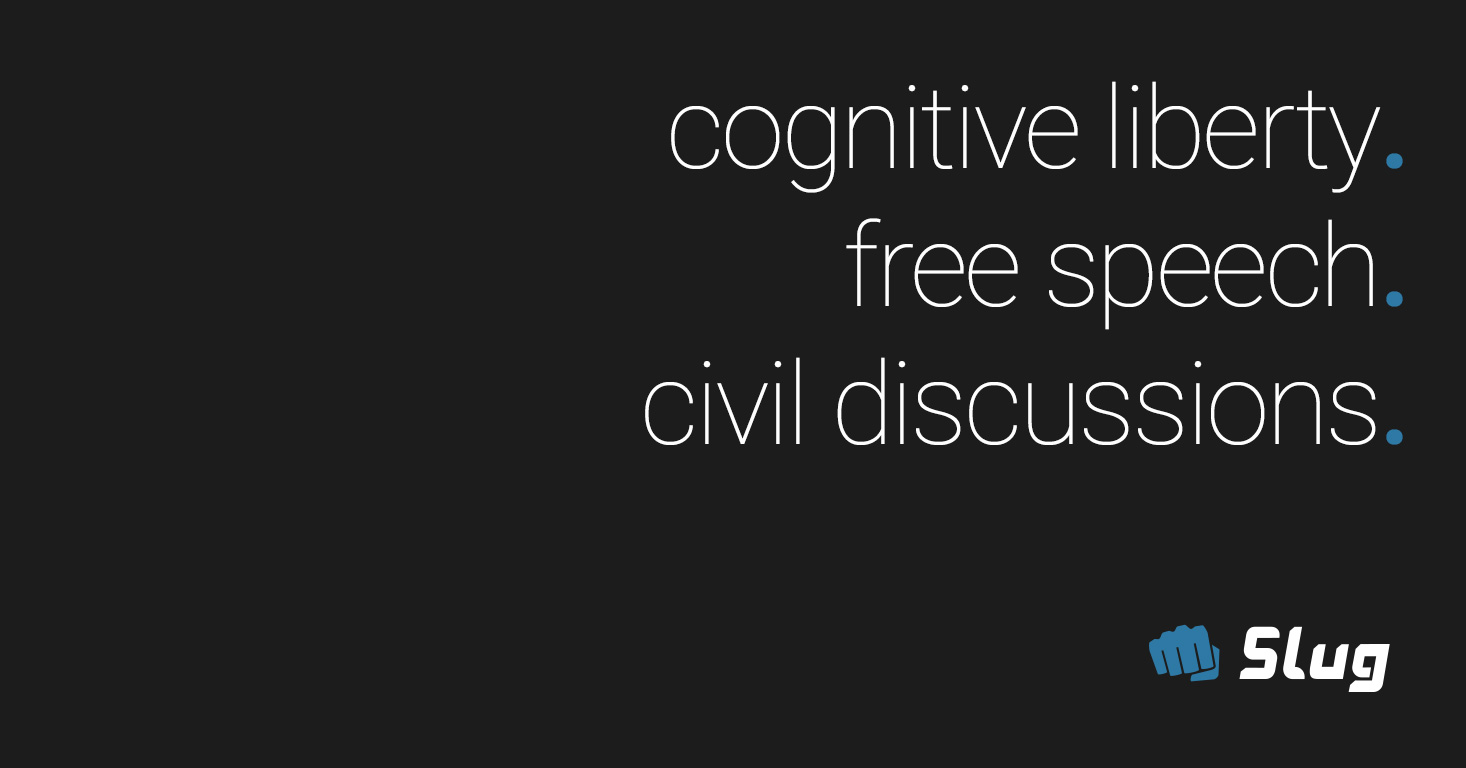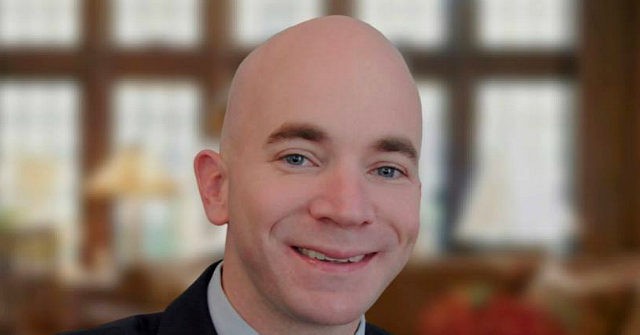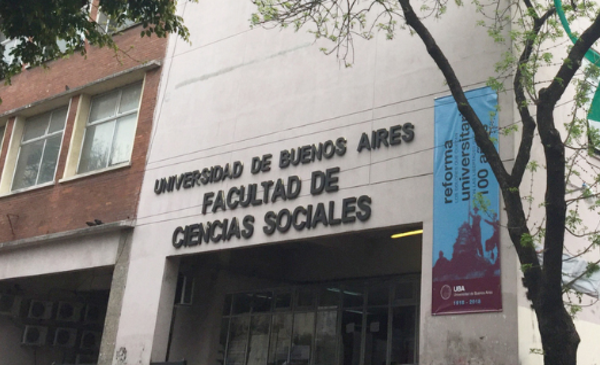Jordan Peterson Documentary Faces Cancelation and Threats
Katie Herzog
A new documentary about Jordan Peterson has been canceled by three venues.
About halfway through my conversation with filmmakers Patricia Marcoccia and Maziar Ghaderi, they got two pieces of bad news. First, they found out from their tour manager that a planned screening of their film,
The Rise of Jordan Peterson, had just been canceled by a theatre in Toronto.
This was not entirely unexpected. Another venue in Toronto recently canceled a week-long run of the film, as did a theatre in Brooklyn, citing complaints by the staff.
“The people who run these venues are so worried about getting in trouble,” Ghaderi said. “An old professor of mine once told me that artists are supposed to be fearless, but when I'm reading these emails from these gatekeepers, I'm thinking, ‘Man, you people should go work for the government or something.’”
We kept talking, and then, a moment later, Ghaderi received a text message from a pastor outside of Portland. The pastor had agreed to screen the film at his church and had been getting complaints—and threats. He forwarded one of these messages to Ghaderi.
"Fair warning," it read, "several community organizations are planning to shut down your showing of the Jordan Peterson propaganda film. While many of us aren't Christian and some even flat-out condemn the religion, we do not want any harm to come to your place of worship or those within. However, we cannot allow fascism to continue to rise and will not tolerate its presence in our city, whether it is on the streets or on the waterfront or in a church. Read some history books, read about eugenics, read about sex and gender and then compare it to Peterson. Pray on it if you must. Do the right thing. As much as we joke about it, we really don't want to have to bring out the guillotine to fix society."
The timing was slightly ironic. Right before Ghaderi got the text, I'd asked the pair what impact they thought the backlash against Peterson, a controversial Canadian psychology professor, has had on his rise to fame.
"The attempts to shut him down definitely brought him a new level of fame," Marcoccia told me, "but if it was just that, I think he would have had his 15 minutes and that would have been it. He wouldn't have had any of the staying power and he would not have reached people on this level. I think that has to do with the ideas he talks about."
Marcoccia has known of Peterson for 15 years, well before he was a public figure. She discovered his first book,
Maps of Meaning, as a psychology student at McMaster University in Ontario.
“I found a lot of his ideas fascinating,” she said, “especially because I came from a very religious family and I kind of went away from religion but was still interested in the big questions about purpose and ethics.” A friend happened to be taking one of Peterson’s classes at the University of Toronto and she would occasionally tag along. Turned out, he had quite a fan base among his students. He was the kind of professor students would hang out after class to speak to, waiting for 20 minutes just to get in a word.
Today, Peterson is best known for his opposition to identity politics and political correctness, but his academic interest is in social psychology, specifically how people find meaning in life. He’s a follower of Carl Jung, the Swiss psychoanalyst who was a contemporary of Sigmund Freud. Where Frued thought religion was all about self-deception and superstition, to Jung, it was a natural manifestation of man’s quest for meaning. Peterson seems to believe this too, and much of his work is on the utility of religion, myth, and storytelling, with a particular emphasis on what drives people join in murderous causes and movements.
“One of the things he would always say in his classes is that it's important to realize that if we were in Nazi Germany at the time of the Holocaust, 95 percent of us would have joined,” Marcoccia said. “You may think you're a good person, but the reality is, in that situation, the majority of us would have been Nazis. He takes that really seriously. It's consumed him from an early age and he's seeing it in places where other people haven't been attuned to it.”
In 2015, a decade after first reading his book, Marcoccia and Ghaderi started making their documentary, which was, they thought, going to be about Peterson’s friendship with a Native wood carver on northern Vancouver Island.
“The film we were originally making was very artistic,” Ghaderi says. “We wanted it to be Cascadian magical realism with a lot of animation and talking about dream interpretation. We have this footage of Jordan dancing around a bonfire at an Indigenous longhouse surrounded by men in wooden masks. But then the pronoun thing happened, and we just kept the camera on.”
The “pronoun thing” began in fall 2016, when Peterson released a three-part series on YouTube, where he’d begun posting his lectures. The first in the series was called “Part I: Fear and the Law,” and in it, Peterson reacted to a proposed amendment to the Canadian Human Rights Act and Criminal Code that added the terms "gender identity or expression" to the list of protected classes. Peterson argued this amendment might force people to use gender-neutral pronouns for people who identify as nonbinary or risk a criminal complaint.
The amendment passed. Some legal scholars have contested Peterson’s interpretation of the law—and it’s not clear what the implications will be until complaints are brought forward and a legal precedent is set—but his basic argument is that government-compelled speech is a step on the path to authoritarianism.
“This is the scenario I’ve been running through my head,” he said. “I can envision a student or colleague insisting that I call them using gender-neutral pronouns. Ze or zhe or zir. I'm not doing that. I'm not doing that. I think it's manipulative. And I don't recognize another person's right to determine what pronouns I use to address them. I won't do it.” He claimed these words were tools of Marxist ideology and said that he would not be a part of spreading it.
The video was nearly an hour long and instead of actually appearing on camera, Peterson speaks over a series of text-based, black and white slides. There are no images at all, and it’s hardly the type of thing that generally goes viral on YouTube.
But, oh, did it.
The video, or the story of the video, spread around the University of Toronto and online, and trans activists, allies, and many Peterson’s colleagues were deeply offended by it. He received two letters of warning from the university and there multiple protests were staged on campus, with the anti-Peterson and pro-Peterson sides attempting to shout each other down. The media quickly started reporting on the drama, and within two months of that video, Peterson would appear on Joe Rogan, one of the most popular podcasts in the U.S. and the place where many of his fans first encountered him.
Peterson’s profile only grew from there, as did the backlash. After the publication of his book
12 Rules for Life in 2018, he went on a massive world tour and tens of thousands, maybe hundreds of thousands, of his followers showed up to see him. I’m not a Peterson devotee but, interested in why a psychology professor was drawing such crowds—and such backlash—I went to two of his events. “Passionate” isn’t quite a strong enough term to describe his fanbase. Many of his followers consider him a sort of father figure or a self-help guru, and they were as devoted to him as some people are to Allah or Jesus.
But for all of his fans, Peterson has just as many critics, and in many cities, his appearances were greeted by protests. And not just by members of the public: last year, the city council of Durham, North Carolina, issued a statement condemning Peterson before he came to town.
What is it about Jordan B. Peterson that inspires such love and such hate? That, really, is the question at the heart of Marcoccia and Ghaderi’s new film. Despite what activists attempting to shut down screenings seem to think, it’s not exactly pro Peterson propaganda. The film makes ample space for his critics, including one of his old friends and former colleagues who wrote an article calling Peterson “dangerous.”
Is he dangerous? A lot of people think so. Over the weekend, the New York Times published an opinion piece by a parent worried about children being recruited online by racists. She wrote that she almost lost control of the car she was driving when she heard her son use the word “triggered,” which she calls a “calling card of the alt-right.” She names Peterson videos a sign of radicalization as well, writing that his “perspectives on feminism and gender are very popular among young men and often are a path to more extreme content and ideologies.”
This argument has been made frequently—and it’s addressed in the film—but many of the Peterson fans I’ve spoken to have told me the opposite: Peterson didn’t guide them
to the alt-right; he guided them back
from it. This discrepancy between what his followers see and what his critics say can make the outrage over him seemed like a kind of moral panic. In the 1990s, parents were being warned not to let their kids listen to heavy metal, lest they turn into devil worshipers.
Today, they’re being warned not to let their kids listen to Jordan Peterson lectures on YouTube, lest they turn into Nazis.
I’ve always found the outrage over Peterson both hyperbolic and counterproductive, but after watching the film, I started to see where the danger lies. This is not, however, because of the ideas and values he preaches. Yes, some of what he says is obviously wrong. For instance, he once said ancient
Egyptian art represents the DNA double helix. And his ideas about sex and gender do tend to be retrograde. But far more of Peterson’s rhetoric is about independence, personal responsibility, and resisting the creep of authoritarianism than it is about political correctness and gender-neutral pronouns. He tells people, "clean your room," and, for some reason, they actually listen. It’s hard to see the danger in that.
The danger, instead, lies in devotion. Peterson fans can be so obsessive that, if he wanted to, he really could start something terrible. Every time I’ve written something remotely critical of Peterson, I’ve gotten flooded with complaints by his followers. (Then again, every time I’ve written something positive about him, I’ve gotten flooded with complaints by his critics.) There is some irony in this: the man who preaches independence could start a death cult if he wanted to and I suspect a number of his fans would sign-on. Of course, some people would probably set themselves on fire if Justin Beiber told them to. Fandom is a powerful force.
All of this—the myth of Jordan Peterson versus the reality of Jordan Peterson—is what this film is about, and much like its central figure, the backlash to the film, with cancellations and threats of violence, is getting more attention than it otherwise might have had. “When something seems forbidden, it gets people’s attention,” Marcoccia said. And she’s right. If you want an idea to disappear, bringing out the guillotine is not the way to go about
The Rise of Jordan Peterson will be screened on Wed. November 13, at 7:30 PM at Pacific Place in downtown Seattle if—and only if—enough tickets are pre-sold. You can purchase tickets here for that screening, or here for the screening outside Portland, which has not been canceled—yet.









